On Friday afternoon, with just a few hours before sundown and the start of the Sabbath, David Parvey hurried to a South Philadelphia gun shop called Firing Line to get his new 9-millimeter pistol.
To Parvey, who attends an Orthodox Jewish synagogue in Center City, it felt like the only rational response to the Oct. 27 mass shooting at the Tree of Life synagogue in Pittsburgh, where 11 congregants were killed.
“I legally have the right to at least be able to match evil with some sort of response, and in my mind I would be dumb not to,” said Parvey, who on Wednesday went to the Philadelphia Police Department’s Gun Permit Unit to apply for a concealed-carry license. “I don’t want to hide behind the bimah waiting for my turn to get shot.”
Parvey is not the only one to reach this conclusion. A simmering conversation about safety in the face of anti-Semitic violence that began several years ago with attacks on Jewish targets in France — a yeshiva in Toulouse, a kosher supermarket and the Bataclan theater in Paris — has boiled over in the last week. While some are responding with prayer and peaceful protests, there are those who feel that a pistol is just more reliable.
“This shooting in Pittsburgh has turned me into an activist,” said Rahel Pachter, 61, of Merion, who met up with a couple of women from her synagogue on Sunday for breakfast, followed by a conversation about gun safety and a group trip to the firing range. “I feel like I have to start moving this, and I have to start getting more people involved in their security.”
It’s controversial, said Pachter, who got licensed about a year ago and, in frightening times, takes comfort from the reassuring weight of her Ruger LCP II, Taurus 709 Slim, or a Smith & Wesson M&P M2.0 in its holster from Tulster. Her rabbi doesn’t want congregants carrying in synagogue.
“It’s not something you’re supposed to even touch on the Sabbath,” she said. “I’m a daughter of a Holocaust survivor. I lost all my aunts and uncles in the Holocaust, and I’m going to go down fighting. I’m not walking into a gas chamber. I’m not going to stand there like a sitting duck … and get shot at. I refuse.”
This week, she contacted Jose Morales of Philly Firearms Academy in Willow Grove to see about group training.
Meanwhile, at Cherev Gidon, a Scranton-area facility where Israeli Defense Forces veteran Yonatan Stern, 35, runs tactical training courses, dozens of Jewish people — many from the Philadelphia area — have signed up for training.
“I have not hired enough instructors given this amount of demand,” Stern said. “It’s just an unprecedented event.”
The most sought-after training teaches students how to coordinate an armed response to an active-shooter situation, communicating with one another and with law enforcement responders.
He sees a fundamental shift: “Up until now, people haven’t been prepared. There hasn’t been this culture of guns in the Jewish community in America. … People thought of guns as a dangerous thing that we don’t want in our communities and in our streets. All of a sudden, that attitude has changed.”
Most of the demand is coming from Orthodox and, to a lesser degree, Conservative communities, he said — not so much Reform ones. Those trends align with political affiliations of many congregants: Orthodox Jews were more likely to vote Republican and to approve of President Trump’s performance.
There are those who blame Trump and like-minded politicians, such as gubernatorial candidate Scott Wagner, who has described the country as under invasion.
“The Jewish community is feeling a lot of palpable grief and anger right now, at the way the GOP is stoking white nationalism, which has led to violence,” said Rebecca Hornstein, who joined a group of Jewish community members in sitting shivah outside Wagner’s Philadelphia campaign office and left memorial stones on the sidewalk.
She said no one she’s talked to is looking to buy a gun: “For us, safety comes from solidarity.”
On the other end of the spectrum is a self-described hard-line conservative who lives in Center City and attended his first gun-safety training with Cherev Gidon this week. The 41-year-old expects to purchase a gun within the next month. He figures he will carry it only on Shabbat.
“Now, we’re at war,” he said. “We’re being targeted. We had a great run here in the United States. For 200 years we weren’t openly targeted as Jews. But it’s over, and now it’s time for us to arm ourselves.”
There are questions about this approach — particularly among Jewish people of color, who have voiced grave concerns over the harm that could come from turning armed police or volunteers loose in synagogues.
“A lot of security training in this country has been geared toward seeing brown people as perpetrators,” said Jared Jackson, the founder of Jews in All Hues, an advocacy and consulting organization based in Philadelphia.
He said over the last week organizations like his have been conferring about this issue — concluding that there’s a need for anti-bias training for synagogue security and for bag searches to be performed consistently, not just for those who look different.
But if more congregants are carrying, he said, “it’s not just the guards you have to worry about. It’s the people who will go off of their own racism and forget for a moment or not even know that here are Jewish people of color and cause a reaction, when most likely that person wearing a kippah is a congregant.”
A lesser quibble may be whether such an act is kosher given restrictions around the Sabbath: either carrying things (including guns) from one domain to another or igniting a spark would qualify as work, which is forbidden.
But advocates are quick to point out that the former problem is solved by the eruv that encircles many local Jewish communities, a real-world wire or other barrier that serves a metaphoric function of creating a communal domain where carrying on the Sabbath is permitted. (The Center City Eruv even has a website that maps its perimeters, notifies users of downed lines, and includes updates, like a recent extension across the South Street Bridge, to connect with another eruv around University City.)
As for the latter, said Lou Kahn, 46 of Yardley, “the Torah tells us as Jews that we have an obligation to defend ourselves.” He takes that to supersede all other concerns.
” ‘Turn the other cheek’ is a Christian idea,” he added. “It’s not a Jewish idea.”
Although he has carried for a gun for years, he said, he was now hearing from many friends who feel they have to follow his lead. Members of his Orthodox synagogue are trying to organize a group training.
Though there may be disagreements, among Orthodox congregations these debates tend to be muted, Parvey said. That’s because there’s no middle ground, really — and because those who might object to guns in their sacred spaces find there isn’t much they can do to stop it.
“Nobody is going to know if Shlomo has a .45 strapped to his belly,” he said. “Unless there are metal detectors — and that would break the Shabbas.”
Editor’s Note: This article was updated Nov. 17, 2020, to remove the name of a source who was receiving threats.
___
(c)2020 The Philadelphia Inquirer
Visit The Philadelphia Inquirer at www.inquirer.com
Distributed by Tribune Content Agency, LLC.
—-
This content is published through a licensing agreement with Acquire Media using its NewsEdge technology.



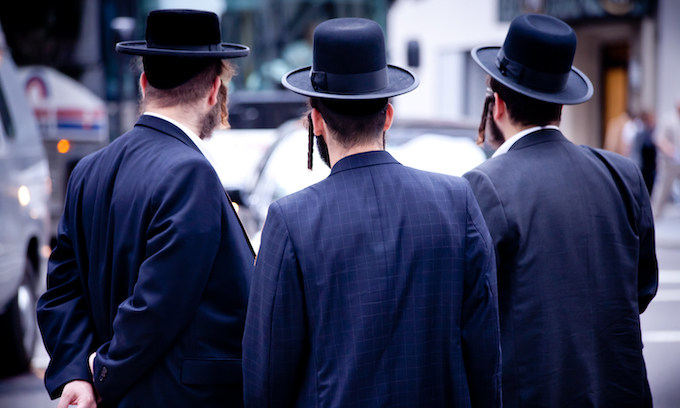
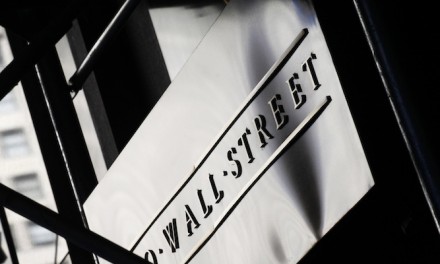
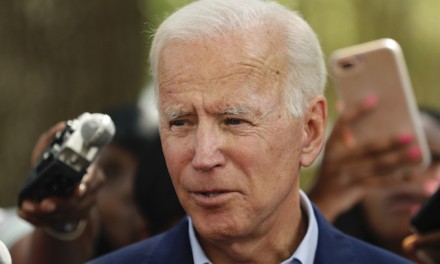
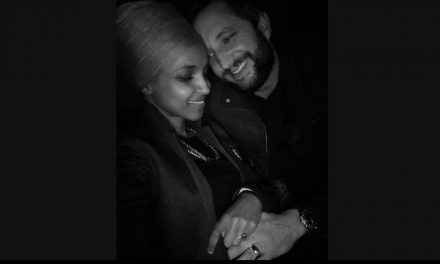
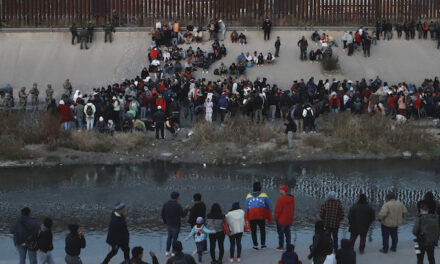






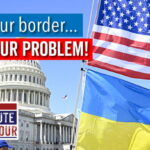

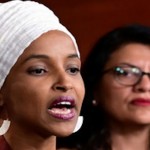
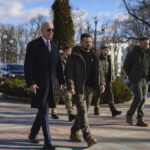

Recent Comments